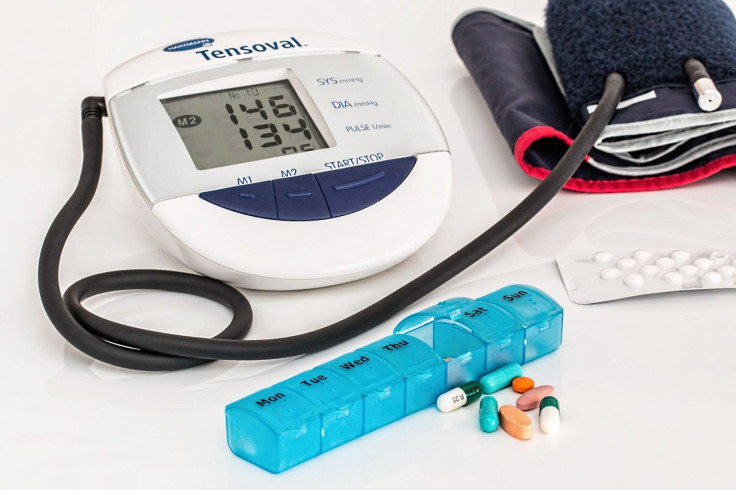Blood Pressure Medications Do Not Increase Depression Risk, Says Study

KEY POINTS
- Past research hinted that blood pressure medication may increase the risk of depression
- A new study found there is no such link
- Taking blood pressure medicines will not increase one's risk for depression
People with hypertension need not worry that their blood pressure medicines will raise the risk of depression, a new study says.
Some previous research suggested there may be a link between high blood pressure drugs and depression, but a new study involving dozens of commonly used drugs shows there is no such link. A team of researchers from Denmark examined 41 hypertension drugs and found that none of them increased the risk of depression.
The study, titled "Antihypertensive Drugs and Risk of Depression", was published in the journal Hypertension.
The research team also discovered that nine of the drugs even helped lower the risk of depression. "The mechanism involved in decreasing the risk of depression may be the anti-inflammatory effect among these nine medications," said Dr. Lars Vedel Kessing, the study author and a psychiatry professor at the University of Copenhagen in Denmark.
Although Kessing admitted that there is a need to conduct further research on the matter, the findings may help doctors determine the right medications when treating patients with high blood pressure who also have depression.
Using the population registry of Denmark, Kessing and his team monitored the health outcomes of 5.4 million people from 2005 until December of 2015. During this period, almost 3.75 million of them received hypertension medication prescriptions, which included calcium antagonists, diuretics, and angiotensin agents.
The research team found that the most commonly prescribed drug class was diuretics, also known as water pills, which was prescribed to over 1.1 million patients. The second most-commonly-prescribed hypertension drugs were angiotensin agents ARBs (angiotensin receptor blockers) and ACE (angiotensin-converting enzyme) inhibitors. Doctors also prescribed calcium antagonists and beta-blockers more than 830,000 times and nearly 780,000 times respectively.
The hypertension medication with the least impact on depression risk was diuretics. Drugs that helped lower depression risk were amlodipine (Norvasc), atenolol (Tenormin), carvedilol (Coreg), enalapril (Vasotec), verapamil (Verelan), bisoprolol (Zebeta), ramipril (Altace), verapamil combination drugs and propranolol (Inderal).
"Depression is very common, and these are very stressful times. People who are having symptoms of depression, whether they're on high blood pressure medication or not -- generally negative feelings about their well-being, difficulty getting out of bed, can't get up and get out, not eating properly -- need to speak to their health care provider," Dr. Nieca Goldberg, an expert on hypertension and a volunteer with the American Heart Association, told U.S. News & World Report.
© Copyright IBTimes 2025. All rights reserved.





















